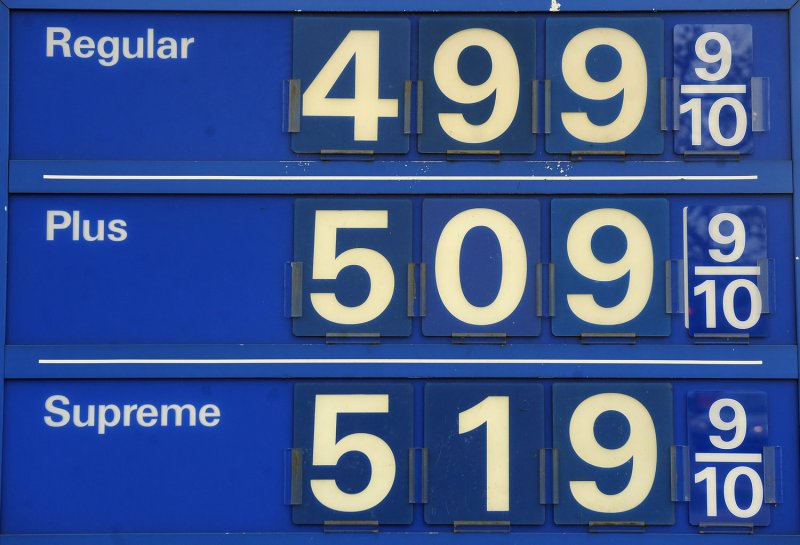WASHINGTON, April 28 (UPI) -- Major world economies are in for deep economic trouble if unrest in the Middle East and elsewhere continues to cause adverse market reactions, a scholar said.
Conflict erupted in Libya, one of the top oil producers in North Africa, in February following revolutions in Tunisia and Egypt. Energy prices skyrocketed in the wake of the Libyan conflict that followed.















